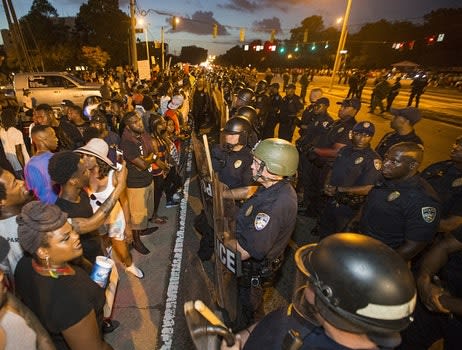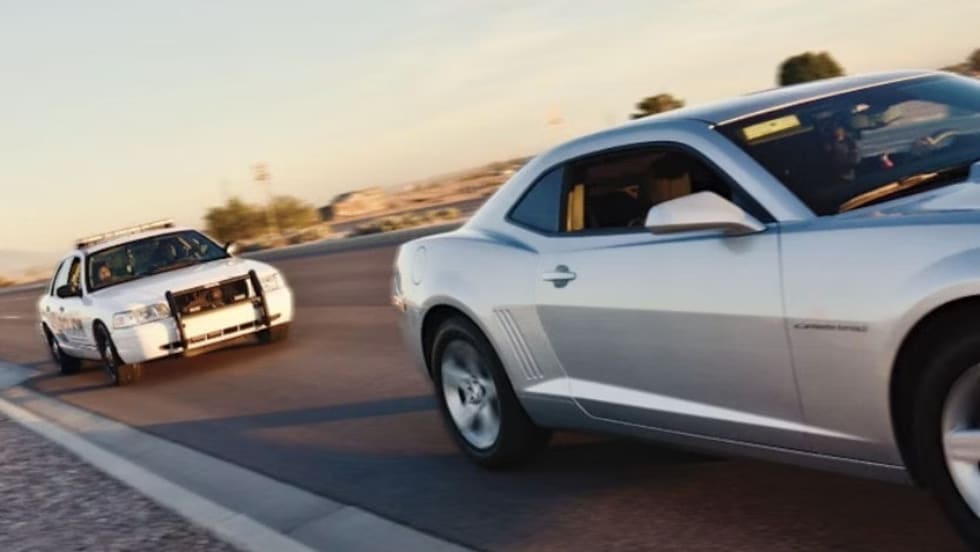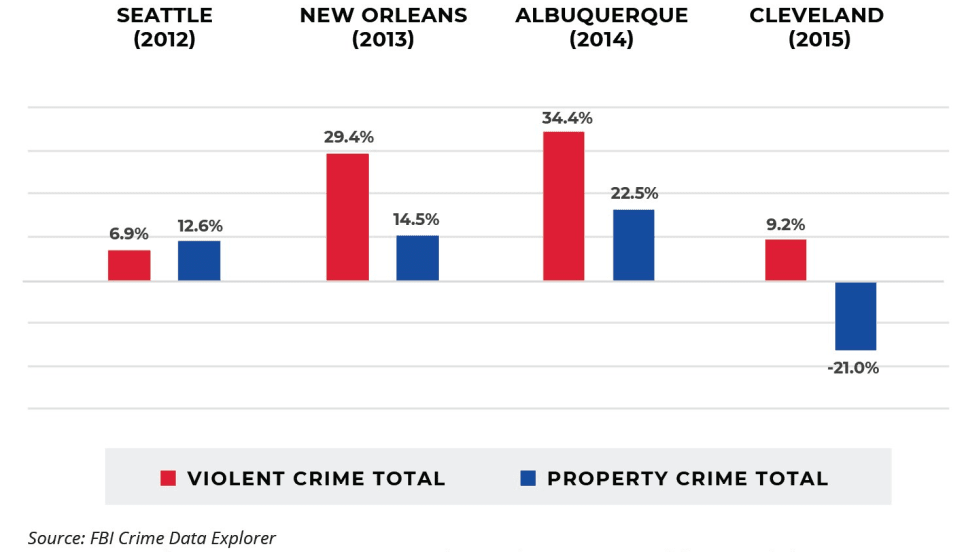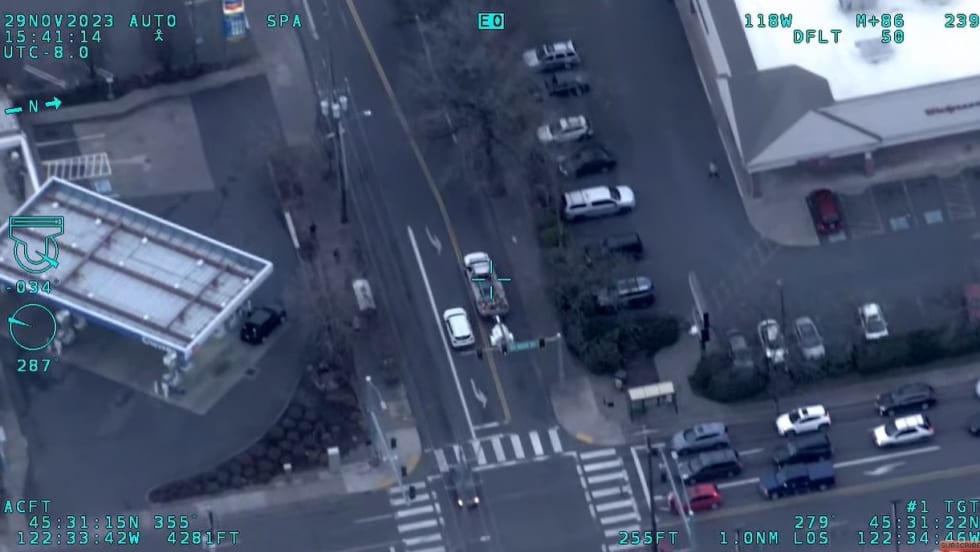Baton Rouge Mayor-President Sharon Weston Broome has announced the reworking of the Baton Rouge Police Department's policy guiding how officers can use force while on the job.
New Baton Rouge Force Policy Requires De-Escalation, Verbal Warnings
While BRPD Chief Carl Dabadie Jr. said the department already trains officers in the practices announced by the administration, he agreed that writing them into policy was necessary to ensure that officers who do not follow them can be punished.

The changes, which became effective immediately on Thursday, are:
Officers must give verbal warnings before using deadly force unless there are extenuating circumstances.
Officers cannot use force before trying to de-escalate situations when possible. The outlined strategies include disengagement, area containment, waiting on subjects, summoning reinforcements and calling in specialized units.
Police cannot use chokeholds unless they are in an emergency and do not have other weapons available.
Police cannot shoot at moving vehicles unless the people inside of them pose immediate deadly threats.
Officers are now required to intervene to stop their colleagues from using excessive force. They are also required to report when they see another officer use excessive force.
While BRPD Chief Carl Dabadie Jr. said the department already trains officers in the practices announced by the administration, he agreed that writing them into policy was necessary to ensure that officers who do not follow them can be punished, the Advocate reports.
Broome's pledge to implement new policies at BRPD was partially spurred by the shooting of Alton Sterling in July by a BRPD officer, an incident that sparked protests and rioting in the city. While Baton Rouge was experiencing the unrest, a gunman killed three officers and wounded three others. He was killed by police during the attack.
More Procedures & Policies

Trump Issues Executive Order He Says Will Help Police Fight Crime
“My Administration is steadfastly committed to empowering State and local law enforcement to firmly police dangerous criminal behavior and protect innocent citizens,” Trump said.
Read More →
NYPD Restricts Vehicle Pursuits to Suspects Wanted for Serious Crimes
The revamped policy, which takes effect Feb. 1, bars police from pursuing suspects for traffic infractions, violations or non-violent misdemeanors, police Commissioner Jessica Tisch said.
Read More →
NYPD Going “Old School” with Uniform, Facial Hair Policy
“It’s absolutely ludicrous that you have an officer with pink hair and nails longer than their fingers,” one Manhattan officer said. “We’re a police department not a hip hop department. Let’s go back to being police officers.”
Read More →
AZ POST Considers Revision to Marijuana Rules for Recruits
“My recommendation for your consideration is we go for a six-month window,” said Matt Giordano, executive director. “We would go to six months of the last use.
Read More →
Time to Change Our Pursuit Policies
Complicated guidelines that require officers to make decisions during the heat of the moment are not working.
Read More →
Baltimore Police Complying with Key Consent Decree Requirements, DOJ Says
If the court grants the motion, BPD must maintain compliance with the provisions for one year before the court can terminate these sections of the consent decree.
Read More →
Study Finds Consent Decrees Onerous, Ineffective, and Often Harmful
The report concludes: “When a consent decree is truly warranted, it must focus on the most urgent concerns. The violations should be clearly identified and fully supported by rigorous evidence."
Read More →
DOJ and Consent Decree Monitor Praise Albuquerque PD for Reforms
Monitors tracking civilian oversight, one of the largest remaining roadblocks in reaching full compliance, called it “a mess” that was being cleaned up, and advocates applauded the work done by the department to come so far, so fast.
Read More →
Portland Loosens Restrictions on Vehicle Pursuits
“We have seen a significant propensity for criminal suspects to elude traffic stops, often driving extremely dangerously despite no officers chasing them,” the Bureau said in a statement.
Read More →
New Seattle Policy to Limit Police Use of Ruses
The new ruse rules seek to set clear standards on how SPD officers can use the tactics going forward, and limits use to five scenarios.
Read More →
